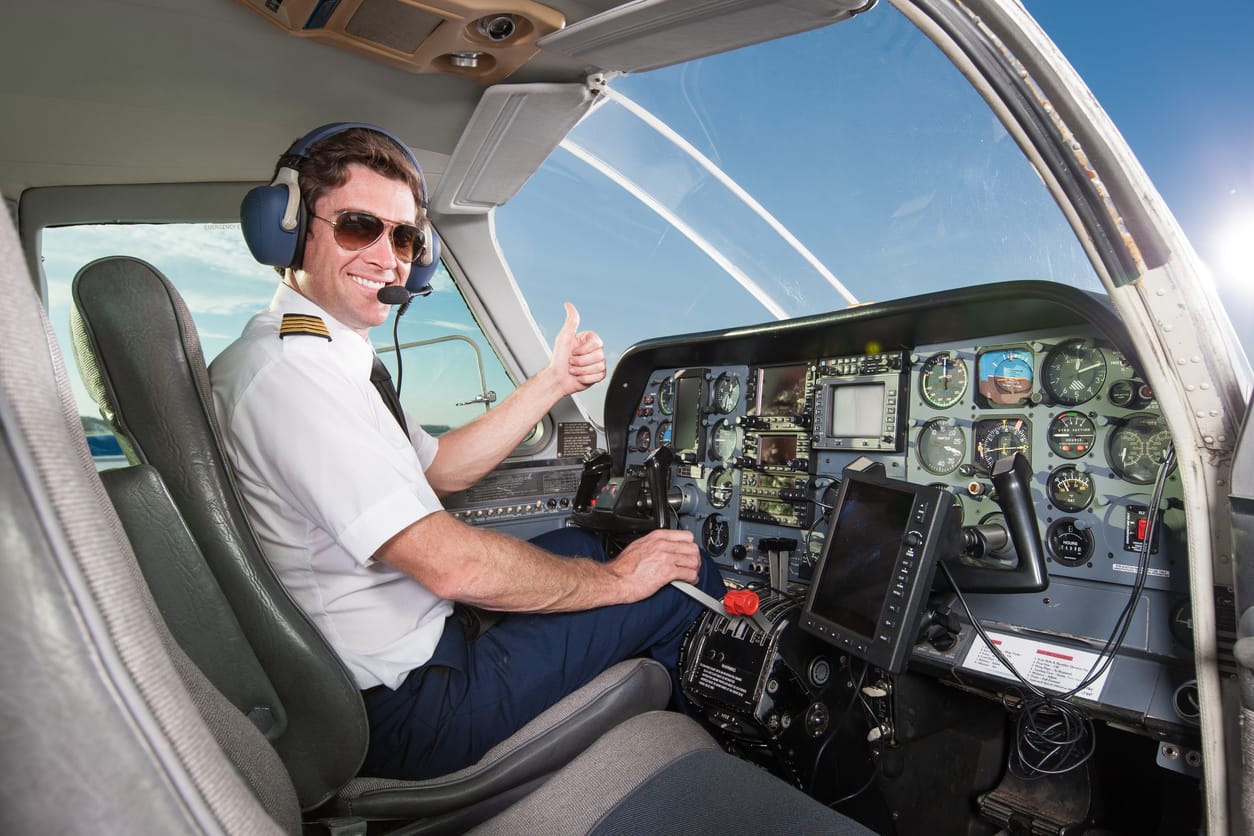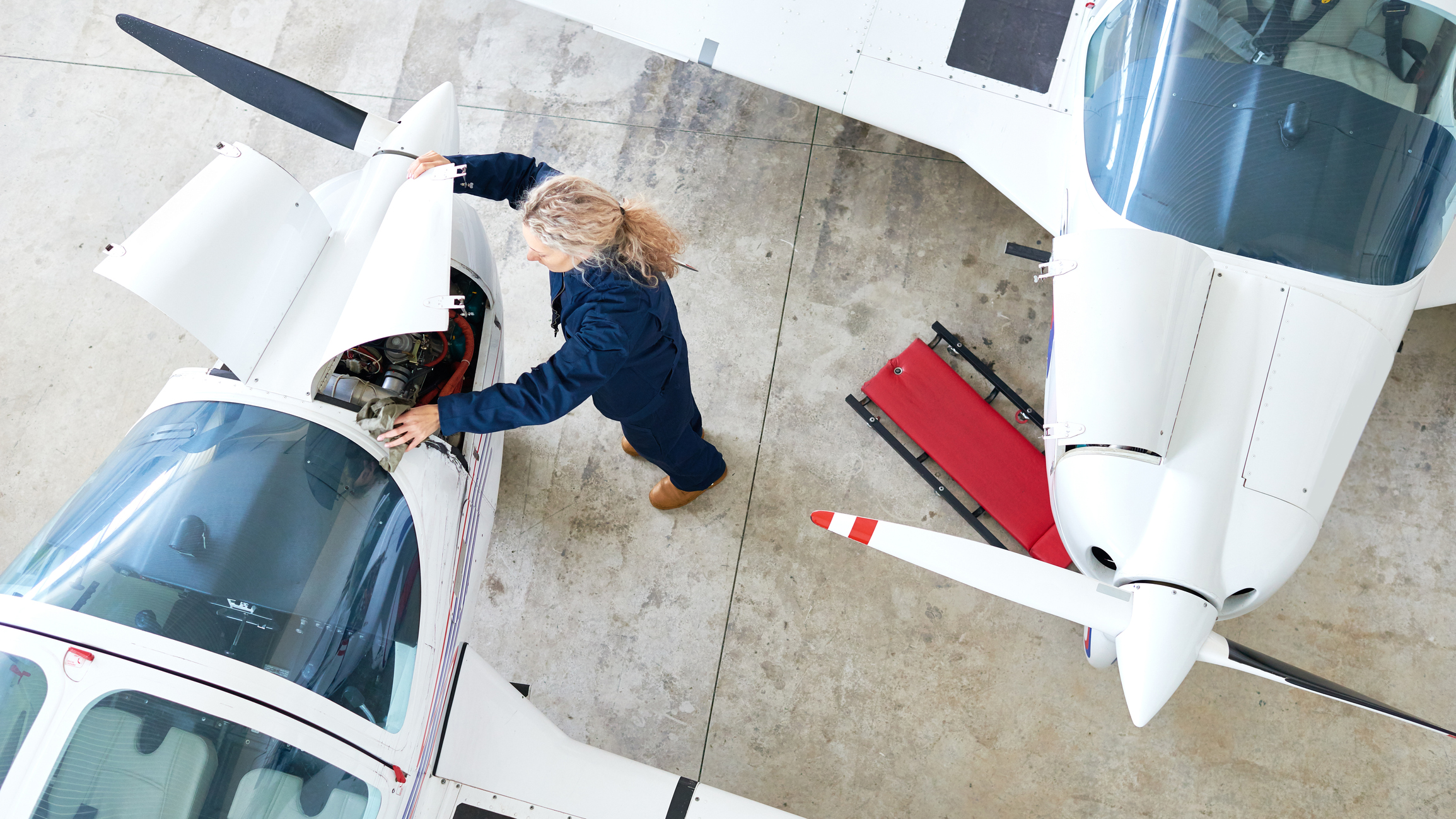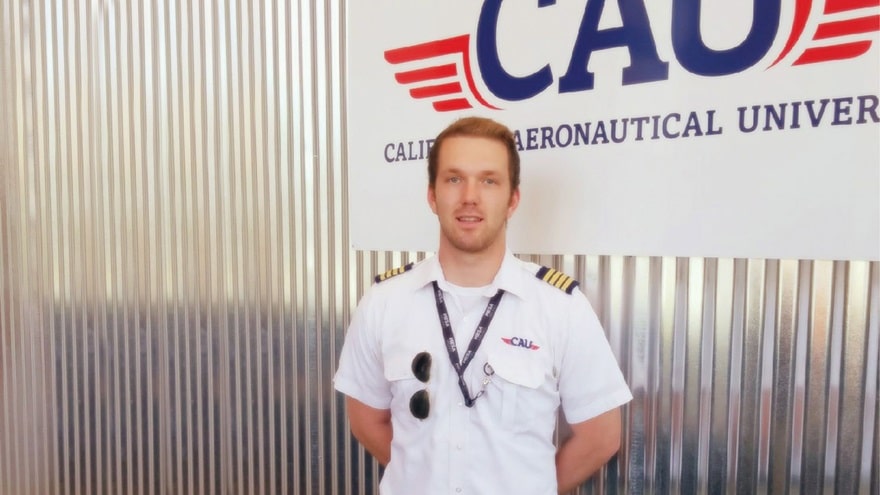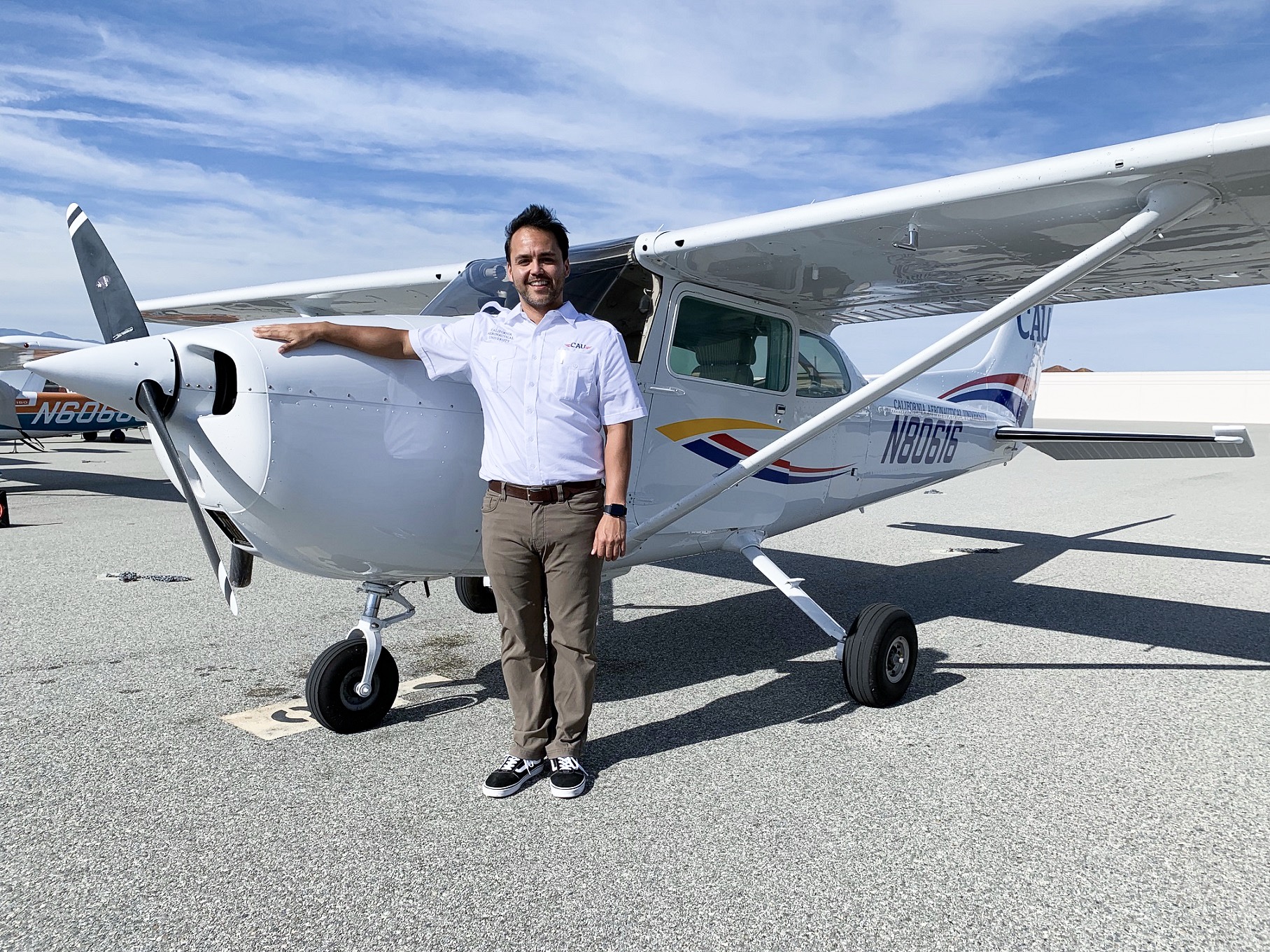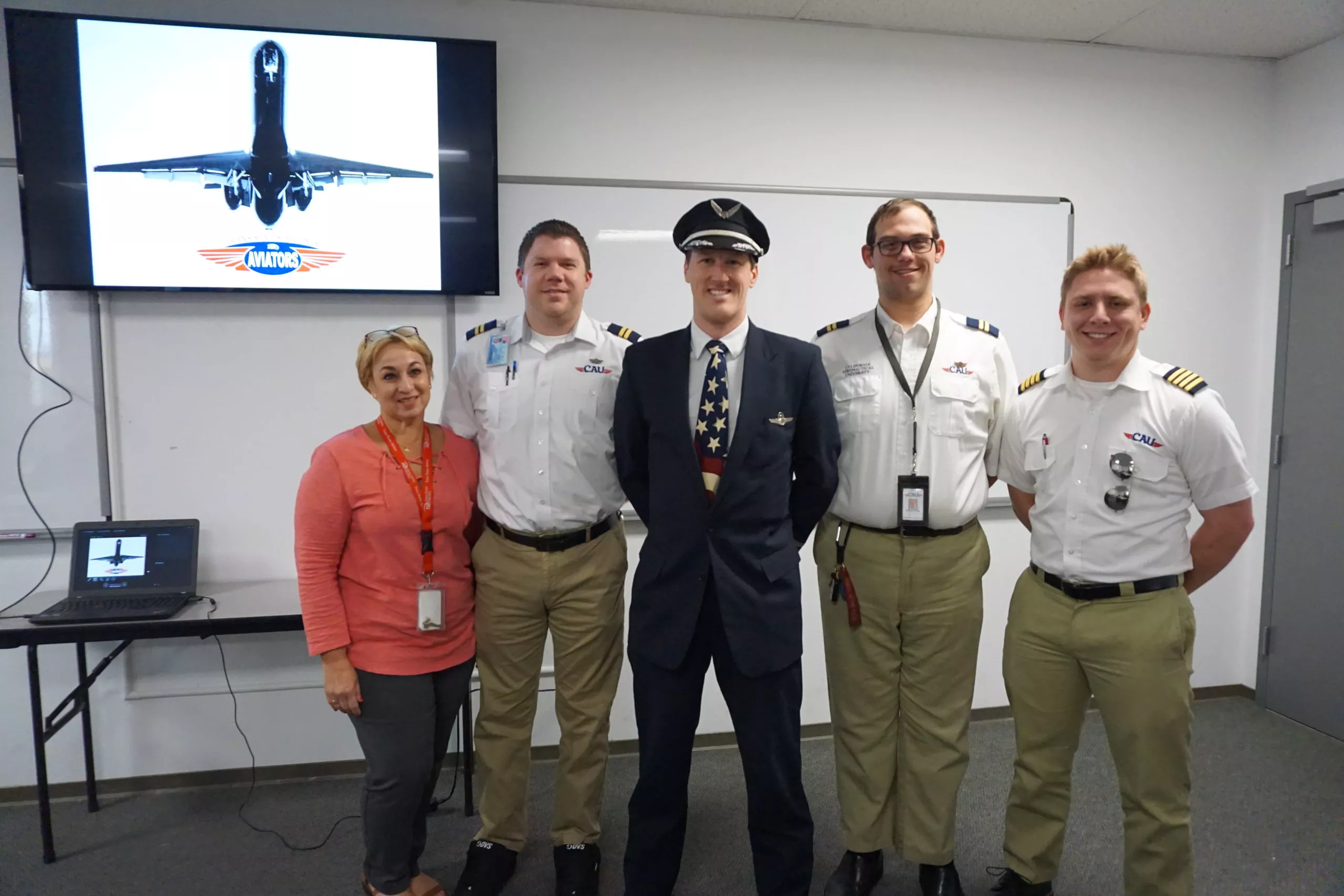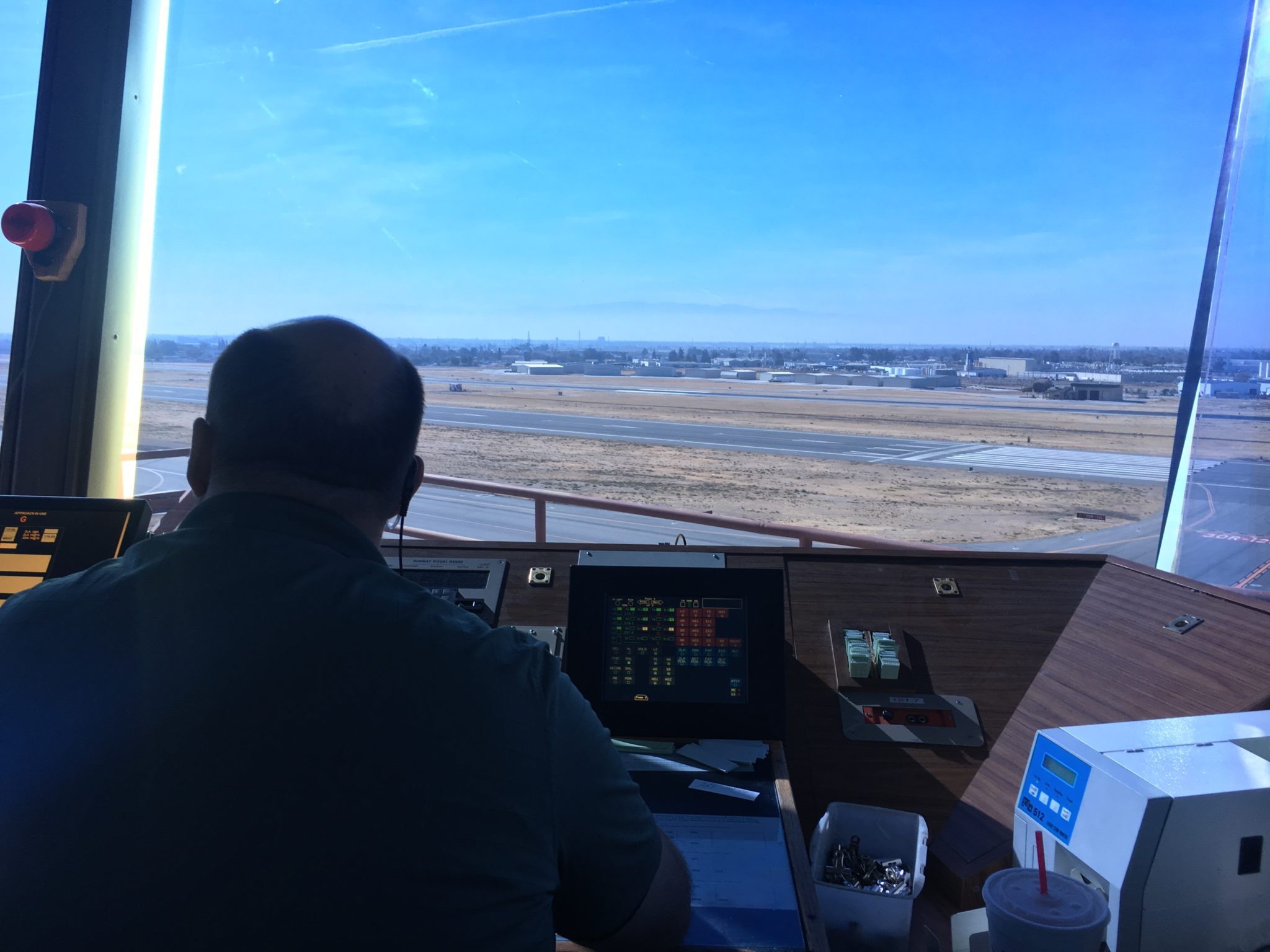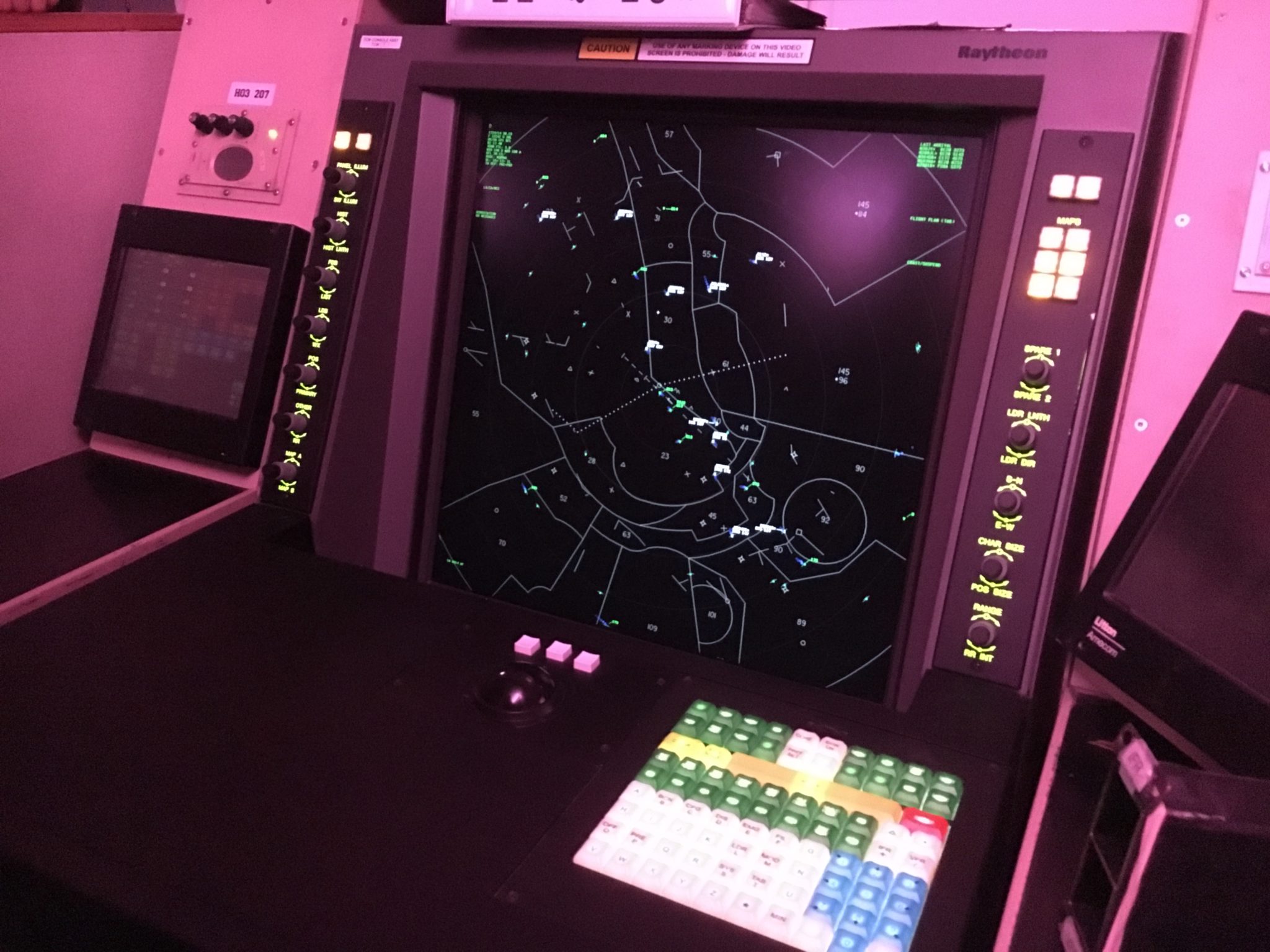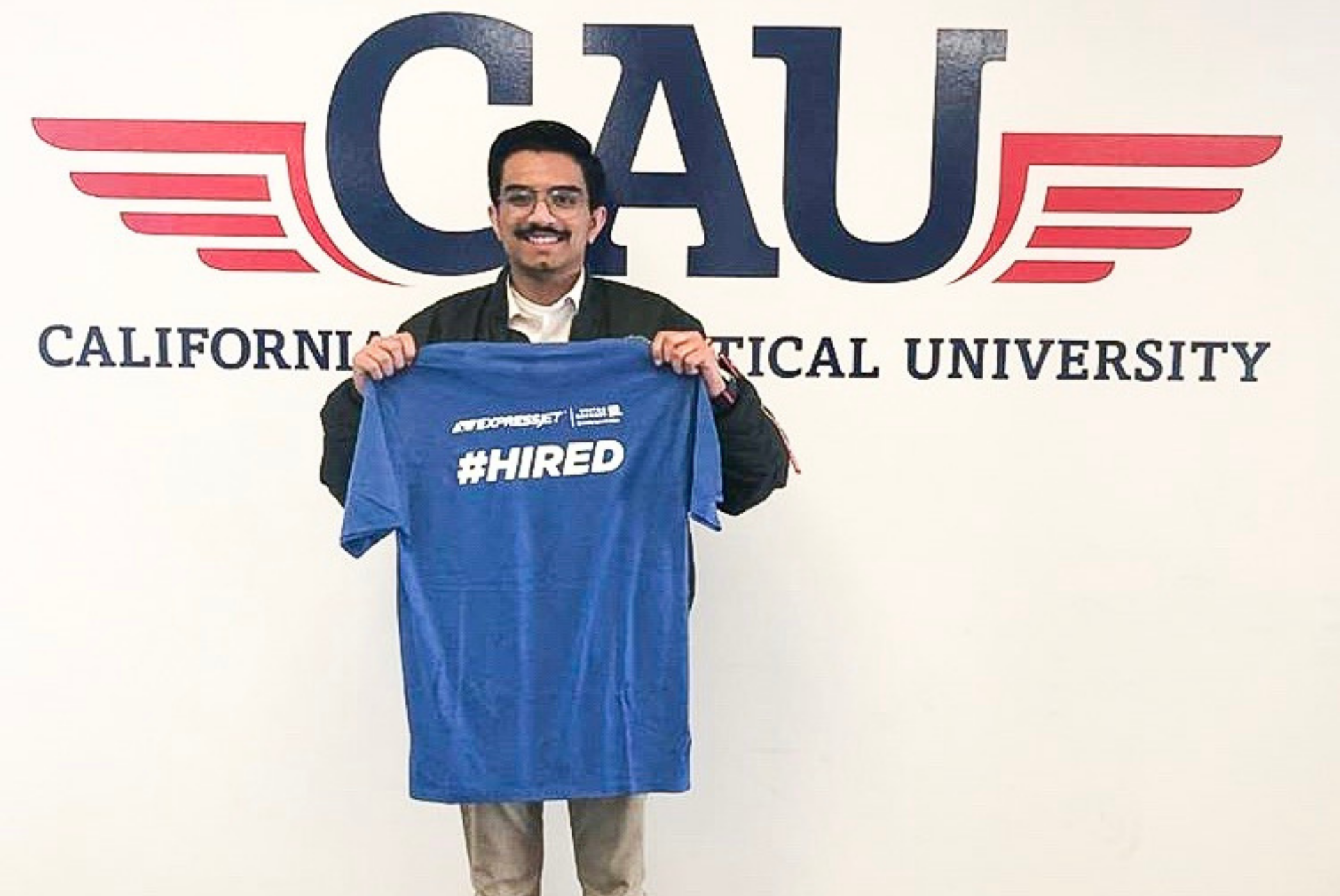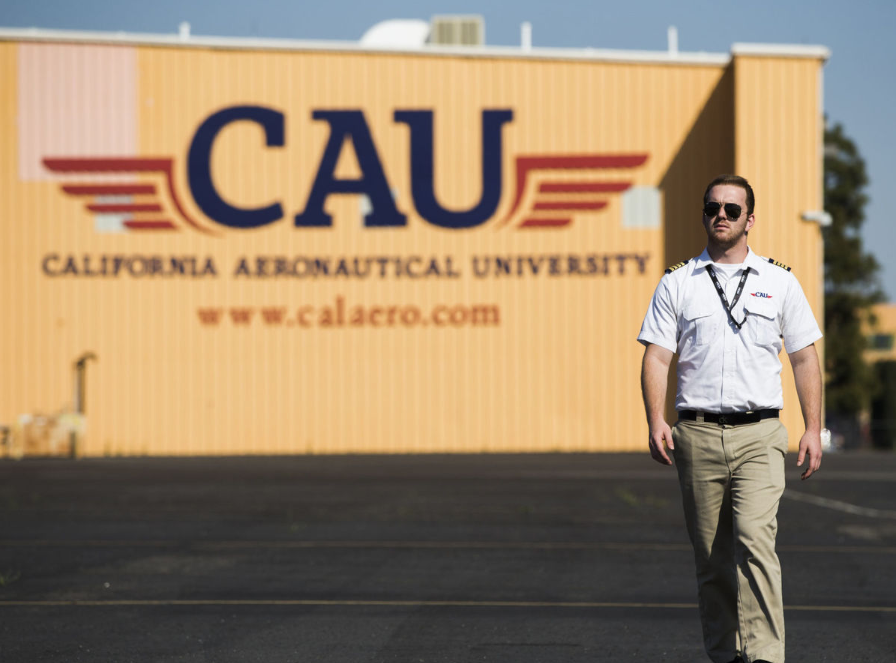If you’re at all involved in aviation, you’ve likely heard about a worldwide pilot shortage. For years, low paid first officers, corporate pilots, and flight instructors struggled mightily to make a living as pilots. Now, with salaries at last beginning to rise, some hobbyist pilots are beginning to consider making aviation their career.
Before you start flinging resumes at every pilot job opening you find, there are several realities about the life of a professional aviator you should consider. While many find a career as a pilot a fulfilling and exciting vocation, it’s important to approach it with realistic expectations.
Hours, Certificates, and Experience
It’s not necessary to have a college degree to pursue a career as a pilot, but most airlines and companies prefer them. Pilots who have just completed their private are probably not eligible to meet the minimum requirements for most job openings.
Those who would like to become a professional pilot should focus on completing their instrument training and commercial pilot certificate. Some airlines have minimum age requirements or will accept military experience in exchange for education. The best paying jobs require hundreds of hours of flying experience—usually thousands—and specify time in certain kinds of aircraft. Most new pilots build time as flight instructors, pipeline patrollers, or aerial photographers.
Remaining Realistic About Pay and Time Away
Some regional airlines offer spectacular signing bonuses of $45,000– and even higher. However, these might be paid out in parts over time, and brand-new pilots without a lot of experience will probably not see such payouts.
It’s true that some pilots produce incomes well north of six figures; however, these tend to be senior captains flying well-paid international routes. The average in the United States for pilot pay is just shy of $80,000, and first officers and newly hired pilots still tend to occupy the lower end of the pay scale. While a sum so near six figures might seem a financial windfall to many, it’s important to take an honest look at long-term financial obligations, such as student loans, new tax brackets, and family plans.
Discussions with family members are the true first step in transitioning to a career as a pilot. Aspiring professional pilots should speak to those already in the industry about the realities of such a life. While income potential is one consideration, time away from home is quite another. First officers for regional or major airlines are usually last to choose their schedules, and they may spend significant time away from home. Pilots with young children or elderly parents to care for may not find that life as a professional aviator is a good decision, at least for the moment. Since so much time away from home can become a strain on even the strongest relationship, family members should be included in the job search discernment process.
Another factor of airline life to keep in mind is whether or not a base is nearby. Most airlines operate on a hub system, flying passengers from a less populated endpoint to a major airport hub, then out to the passenger’s destination. It’s most efficient for airlines to cluster their crews at major hubs.
While most airlines, even small regional ones, permit pilots to live wherever they like and commute to their base, this takes time and can add as much as a day on the beginning and end of a duty stint. Pilots who live “in base” tend to enjoy a higher quality of life and more access to overtime trips. After working with the same airline long enough, most pilots can choose the base from which they’d like to fly. However, it can take years to rise through the seniority ranks, even as retirement numbers continue to increase.
Non-Airline Work
While work as a corporate pilot might offer more flexibility and variety, positions such as these can be difficult to find in certain areas. They also have offer security than pilots who fly for airlines, as they may not be members of a union; also, when corporations experience an economic downturn, they might cut a flight department without much warning. Pilots who are battling debt or who support a family might find corporate flying a more precarious career choice than an airline.
Not all pilots fly people. Some are transport or cargo pilots. These pilots might stand to make a great deal of money in a short period of time if they are willing to work in Asia or the Middle East. However, this work can involve uncomfortable living conditions and odd schedules, with little time to prepare for an assignment.
Another route to becoming a professional pilot is to join the military. While this option is closed to older pilots, aviators who are eligible to become officers might try their lot as transport pilots, fighter pilots, or instructors. Although members of the military who receive extensive pilot training are usually required to spend more years in service than the typical four years, they usually exit the military with many hours in their logbook and a veteran’s preference in the hiring queue.
Consider Additional Options
The airline industry would not exist without many, many employees other than pilots. If you are interested in becoming part of the flying world but in a place other than the cockpit, consider work as a mechanic, flight attendant, ramp agent, customer service specialist or manager, administrative chief pilot, or manufacturer. Those who are interested in aerodynamics and design might consider a career as an engineer or aircraft designer.
Other opportunities in aviation include a career in human factors, which is a study of how people interface with the mechanical systems around them. Those who have hands-on aviation experience might also make for successful marketers, technical writers, airport administrators, air traffic controllers, or employees of the Federal Aviation Administration. The aviation world also needs meteorologists, physicists, and members of government. If you are willing to apply your talents, there’s no reason they can’t be somehow applied in aviation.
Ready to soar in your aviation career?
Mr. Matthew A. Johnston has over 23 years of experience serving various roles in education and is currently serving as the President of California Aeronautical University. He maintains memberships and is a supporting participant with several aviation promoting and advocacy associations including University Aviation Association (UAA), Regional Airline Association (RAA), AOPA, NBAA, and EAA with the Young Eagles program. He is proud of his collaboration with airlines, aviation businesses and individual aviation professionals who are working with him to develop California Aeronautical University as a leader in educating aviation professionals.
